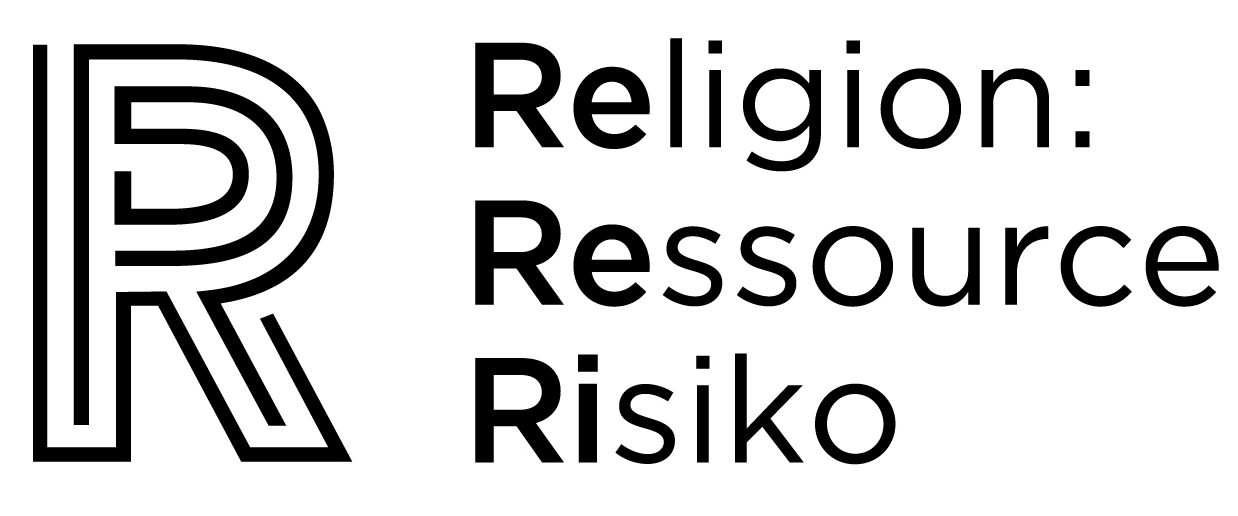Religion as resource and risk. An empirical longitudinal study on the
significance of religiosity for the coping with life and the integration of
young refugees
A research project funded by the German Research Foundation (Deutsche Forschungsgemeinschaft (DFG)
Project leaders: Professor Manfred L. Pirner, University of Erlangen-Nürnberg, and Professor Ulrich Riegel, University of Siegen
In the public debate, the importance of the religiosity of migrant refugees is both over- and underestimated. It is overestimated as a core feature of fear, especially when it comes to Muslims, and underestimated in its potential function of promoting coping with life and integration. There has been a lack of empirical research to date that would allow a better assessment of the actual (ambivalent) role of the religiosity of refugees and its development or change in the course of their lives in Germany. With a focus on young people (aged 16-24), from three exemplary main countries of origin, this research deficit is to be addressed by an empirical-quantitative explorative longitudinal study with N(t1)=400 over three measurement points (with an interval of 6 months each over the first one to two years after arrival in Germany). Central constructs are religiosity (essentially according to Huber) and coping with life (according to Bönisch), whereby two of its subdimensions are conceptualized by adapting aspects of social integration (according to Esser). The project aims to examine the interrelations between religiosity and coping with life over time, both of which are modelled as dependent variables of personal and environmental factors (family situation, housing situation, etc.). The focus on the concept of coping with life, which originates from the academic discipline of social pedagogy, has the advantage that it focuses on individual-personal factors for a successful life, which are also relevant regardless of the goal of long-term integration.
The study builds on a multi-method cross-sectional study conducted by Professor Pirner and funded by the Staedtler Foundation, which was carried out in cooperation with the Leibniz Institute for Educational Trajectories (LIfBi) in Bamberg (for more information see the tab „Vorstudien“ and Pirner & Bradtke, 2021). The cooperation with LIfBi is to be continued for the project applied for here. The study is intended as a thematically focused supplement to the longitudinal ReGES study (Refugees in the German Educational System), which is based at LIfBi and in which religion is not sufficiently taken into account.
We expect that the results of the study will provide indications of the extent to which the religiosity of refugee migrants should be promoted in care, education and upbringing processes as well as in the design of political, administrative and organisational framework conditions, or should be dealt with preventively or interventionally.
Pre-study: You can download a brief report on a cross-sectional qualitative interview study with 45 young refugees (funded by the Staedtler Foundation) here: Brief report
Extended report of major findings of the pre-study:
- Pirner, M. L., & Bradtke, J. (2021). Religion and Education as Resources for Young Refugees. Preliminary Results from an Empirical Mixed-Methods Study. In E. Aslan & M. Hermansen (Eds.), Religious Diversity at School. Educating for New Pluralistic Contexts (pp. 41–61). Münster: Waxmann.
If you would like to contact us use: projekt-rereri@fau.de.
